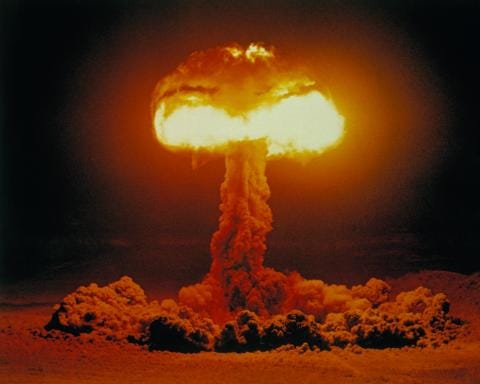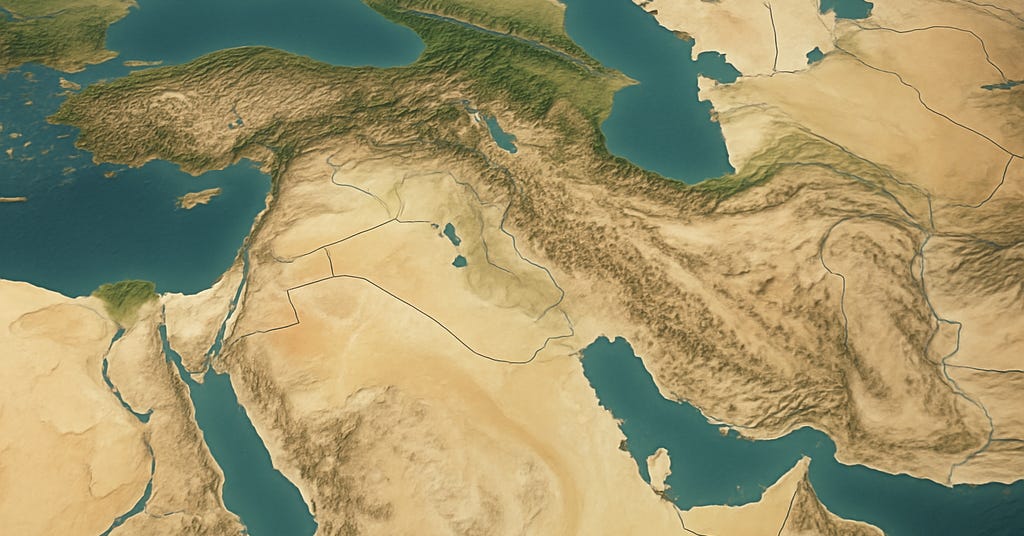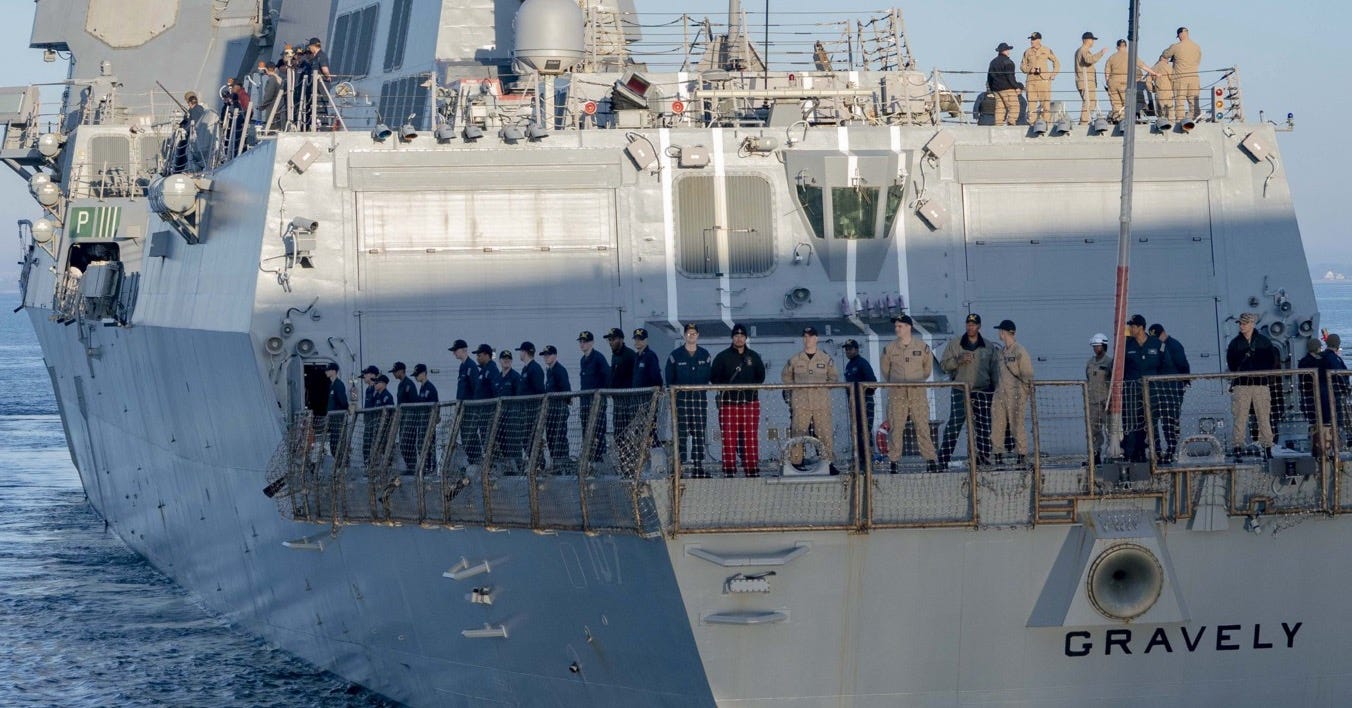10 Things Weekly Roundup - 31st October 2025
A Week of Tests and Trade: Power and Restraint in Uneasy Balance
The past week revealed a world adjusting to simultaneous competition and coordination. The United States and China struck a limited trade deal, but military and nuclear activity intensified across Asia and beyond. Israel’s campaign in Gaza temporarily restarted amid renewed domestic unrest in Iran, while the Caribbean saw sharper exchanges between Washington and Caracas.
Meanwhile, climate politics regained attention, not through new pledges but through warnings of stalled ambition, potential changes in focus and shifting leadership.
Overall, the pattern was one of movement without significant resolution: governments acted to ease immediate pressures yet potentially deepened longer-term divides - a reminder that the global order now relies more on short term containment than long term consensus.
Russia conducted two high-profile weapons tests — the Burevestnik nuclear-powered cruise missile and the Poseidon underwater drone — both were presented as strategic breakthroughs. Within hours, President Trump said he had ordered the United States to resume nuclear testing and approved South Korea’s plan to build a nuclear-powered submarine in a U.S. yard. North Korea had already added its own display with the launch of sea-based cruise missiles claimed to be able to carry nuclear warheads.
The cluster of announcements marked the clearest revival of nuclear signalling in decades. Each action was justified domestically as deterrence, but together they show how demonstration has replaced restraint. None constitutes a breach of treaties, yet collectively they erode the informal taboo on nuclear testing that has held since the 1990s.
The Trump–Xi meeting in Seoul produced a short list of concessions: Washington will halve tariffs on fentanyl-related imports, Beijing will suspend rare-earth export licences for a year and resume US soybean purchases. Both sides described the package as “balanced,” though its content was modest.
Just prior, the United States signed a critical-minerals framework with Japan to reduce dependence on China, and Beijing upgraded its free-trade pact with ASEAN. The sequence suggests a pragmatic pause — leaders seeking economic calm ahead of political calendars rather than a lasting reset. The deals steady supply chains for now but leave strategic rivalry intact; neither side conceded ground on technology or security. It was diplomacy as damage control.
Israel temporarily resumed airstrikes around Rafah after a brief ceasefire lapse, killing more than a hundred people according to local health officials, before hostilities paused again. In Jerusalem, tens of thousands of ultra-Orthodox Israelis protested against military service, challenging the coalition’s efforts to impose a universal draft.
Across the region, Iran’s repression deepened. UN investigators reported about 21,000 arrests, a sharp rise in executions and an expanded use of the death penalty for “espionage,” alongside the targeting of minorities and deportation of Afghan refugees.
The combination of regional conflict and domestic coercion leaves diplomacy with little space to move. The Middle East remains locked in attrition: governments suppress dissent at home while sustaining confrontation abroad.
U.S. maritime forces carried out another strike on alleged trafficking boats in the eastern Pacific, killing 14 people and bringing the operation’s death toll to at least 57. The USS Gravely then docked in Trinidad and Tobago for exercises as part of a wider Caribbean deployment.
Venezuela denounced the discover of a “false-flag plot,” claimed CIA involvement and suspended a gas agreement with Trinidad. The rhetoric served domestic politics as much as deterrence, while Washington framed its actions as routine enforcement.
The episodes capture a familiar pattern: friction short of open conflict, where visibility and timing matter more than territory. For now, both sides seem intent on signalling capability rather than seeking confrontation but questions remain as to how long this balance will hold.
UN Secretary-General António Guterres warned that global climate pledges are slipping out of reach, with emission reduction funding lagging far behind commitments. In the same week, Bill Gates urged a “strategic pivot” from abstract temperature goals to reducing concrete human suffering through innovation in food, health and energy.
New data showed Asia leading the next wave of decarbonisation: Japan, South Korea, Singapore and China now dominate investment in renewables, hydrogen and battery technology, with power-grid modernisation absorbing a growing share of capital.
Hurricane Melissa’s devastation across Jamaica and Cuba then provided the tangible counterpoint. Scientists said human-driven warming made such storms significantly more intense, underscoring how climate politics now oscillate between rhetoric and rescue — with leadership shifting eastward as the West effectively handing over the reigns.
The week underlined how power is being exercised through parallel tracks: trade pragmatism, military assertion, domestic control and climate repositioning.
None of these movements resolved underlying disputes yet, but together they revealed the new normal - governments acting to contain risk rather than end it.
The absence of crisis is now treated as achievement, even as the ground beneath it continues to shift.












